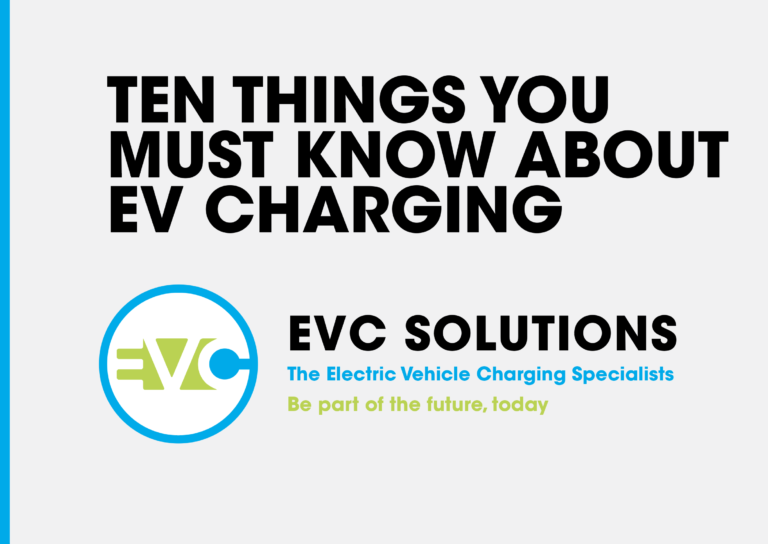The integration of Electric Vehicles (EVs) into the car market represents a transformative technological advance. During the assimilation phase of any innovative technology, challenges are bound to emerge. One evident hurdle with EVs is their price tag, compounded by the essential development of an extensive charging infrastructure, both private and public.
Transitioning from traditional petrol vehicles (ICE) to their EV counterparts does need some thought by potential consumers. It's a change in a behaviour pattern that we've just grown used to. It's also important that consumers hear factual data and avoid being inundated with myths and inaccuracies perpetuated, particularly by certain quarters of the media.
Contrary to the misleading narrative that battery-powered EVs do not present a significant CO2 advantage over traditional vehicles, data suggests otherwise. Although EV battery production might have a higher carbon footprint, this is counterbalanced by the vehicle's overall operational efficiency.
In a comparative analysis, an EV in the UK is responsible for just one-third of the CO2 emissions of a petrol vehicle throughout its lifecycle. With a continuous emphasis on cleaner energy sources, it's projected that this ratio will decrease to one-quarter by 2030.
Several narratives have suggested that the mineral composition of EV batteries detrimentally impacts the environment and that most end up in landfill. Jaguar Land Rover's initiatives in promoting second-life battery utilization dispel such notions.
To provide clarity:
To provide perspective, a conventional ICE vehicle consumes approximately 17,000 litres of petrol over its lifecycle, which is non-recoverable.
It's vital to approach prevailing narratives about EVs with a discerning mindset. Current data indicates that a majority of the UK population is acquainted with an EV owner, with a significant 74% reporting a positive experience.
Technology will continue to evolve, and with the vast majority of car manufacturers now concentrating on developing their EV ranges, the brightest minds in the industry will undoubtedly uncover and discover greater ideas and sustainable solutions.

Send download link to:
